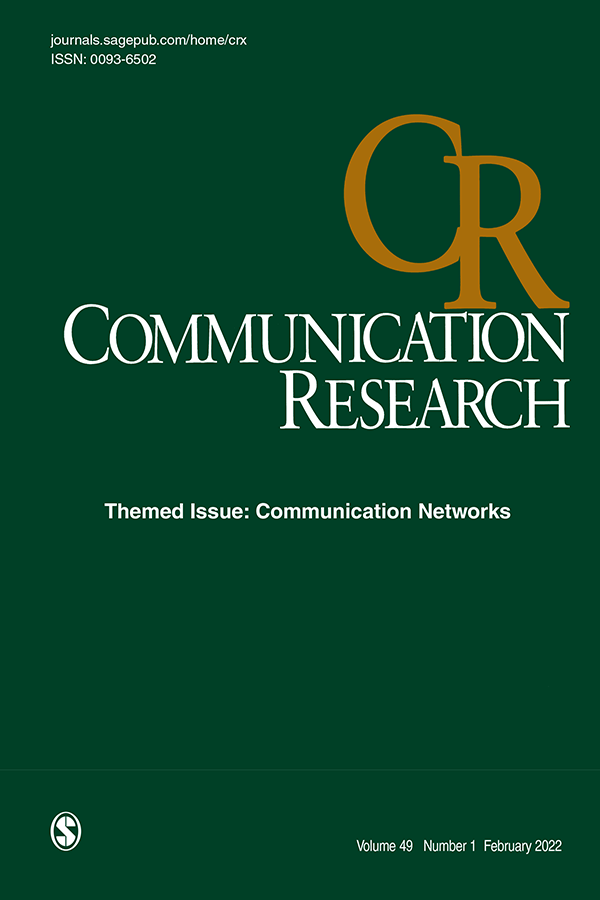"我们都不想参加这个派对,但来宾名单真不错":裁员后,技术人员如何在 LinkedIn 上定位自己
IF 3.2
1区 文学
Q1 COMMUNICATION
引用次数: 0
摘要
大规模裁员提供了一个独特的、未被充分研究的背景,让我们了解受影响的工人是如何传达他们退出组织的非自愿性和集体性的。在这项研究中,我们通过分析 LinkedIn 上的帖子(N = 362),探讨了受科技行业大规模裁员影响的员工在进行印象管理时所采用的沟通策略。我们的研究结果表明,受裁员影响的工人通过利用认同目标(如将自己定位在受影响工人的集体群体中,并强调自己曾是知名企业的成员)来进行主动的印象管理,以尽量减少对自己被裁员的指责,并表明自己的就业能力。我们的研究结果还表明,在环境冲击和数字环境中,个人之间会采取非常相似的交流策略,这表明这种组织离职公告是一种独特的新兴印象管理类型。我们将讨论我们的发现对我们理解组织离职和与工作相关的在线印象管理行为的影响。本文章由计算机程序翻译,如有差异,请以英文原文为准。
“None of Us Wanted to be at This Party, But What a Guest List”: How Technology Workers Position Themselves on LinkedIn Following Layoffs
Mass layoffs offer a unique and understudied context to understand how affected workers communicate the involuntary, collective nature of their organizational exit. In this study, we explored the communicative strategies that workers affected by mass layoffs in the technology industry used to engage in impression management by analyzing LinkedIn posts ( N = 362). Our findings showed that workers engaged in proactive impression management by drawing on targets of identification (such as positioning themselves within the collective group of affected workers and highlighting their former membership with prestigious companies) to minimize blame for their layoff and signal their employability. Our findings also suggest that, amid environmental shock and in digital environments, individuals enact remarkably similar communicative strategies to one another, suggesting that this type of organizational exit announcement is a distinct emergent genre for impression management. We discuss our findings’ implications for our understanding of organizational exit and work-related online impression management behavior.
求助全文
通过发布文献求助,成功后即可免费获取论文全文。
去求助
来源期刊

Communication Research
COMMUNICATION-
CiteScore
17.10
自引率
0.00%
发文量
20
期刊介绍:
Empirical research in communication began in the 20th century, and there are more researchers pursuing answers to communication questions today than at any other time. The editorial goal of Communication Research is to offer a special opportunity for reflection and change in the new millennium. To qualify for publication, research should, first, be explicitly tied to some form of communication; second, be theoretically driven with results that inform theory; third, use the most rigorous empirical methods; and fourth, be directly linked to the most important problems and issues facing humankind. Critieria do not privilege any particular context; indeed, we believe that the key problems facing humankind occur in close relationships, groups, organiations, and cultures.
 求助内容:
求助内容: 应助结果提醒方式:
应助结果提醒方式:


